Partition, Pacifism, and Betrayal: Unraveling Gandhi’s Final Days
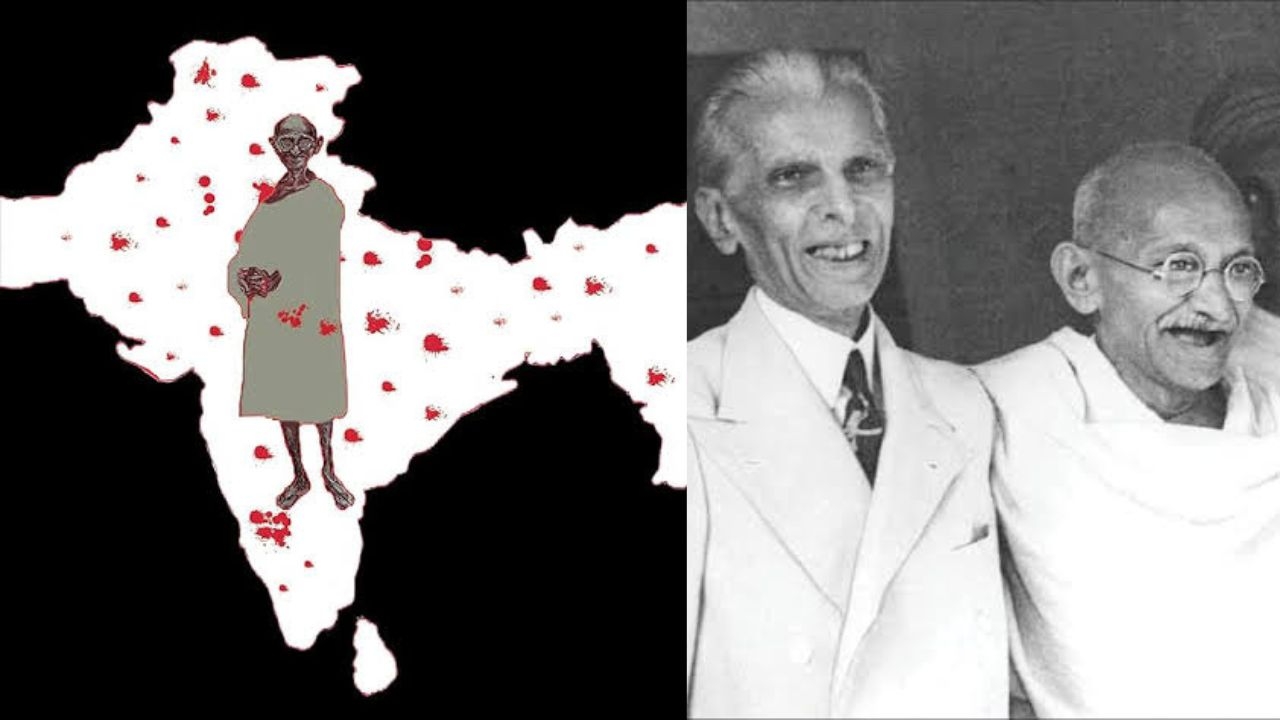
M.K. Gandhi, often revered as the father of the nation, remains one of the most polarizing figures in Indian history. His unwavering adherence to non-violence and a conciliatory approach toward communal harmony won him global acclaim but alienated significant sections of Indian society.
M.K. Gandhi’s association with the Rashtriya Swayamsevak Sangh (RSS) has been a topic of significant debate and historical scrutiny. Although Gandhi had limited direct interactions with the
RSS, his relationship with the organization was marked by both admiration and tension.
For many critics, particularly Hindu nationalists, his policies represented an idealism disconnected from the harsh realities of a divided and volatile nation. Nathuram Godse, a former admirer, ultimately became his assassin—a tragic testament to the growing disillusionment with Gandhi's leadership during India’s most turbulent times.
Nine Hours to Rama: Suppressing Critical Narratives
The 1963 film Nine Hours to Rama, based on Stanley Wolpert’s book, offers a dramatized portrayal of Nathuram Godse’s journey leading up to the assassination.
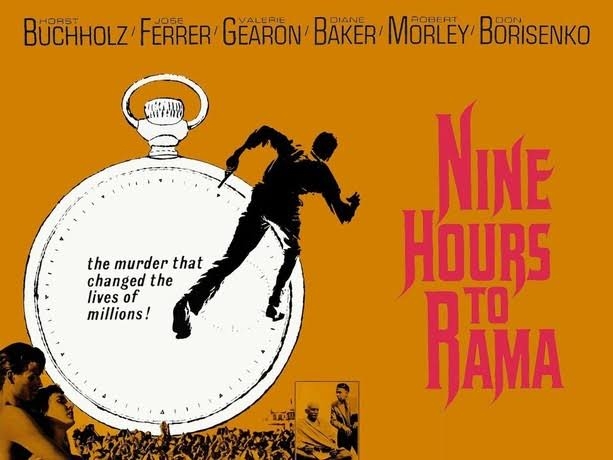
Both the film and the book were banned in India, reflecting the state’s discomfort with alternative narratives. This suppression underscored a broader reluctance to critically examine Gandhi’s legacy, insulating him from the voices of dissent that accused him of political missteps and ideological rigidity.
Partition: The Mountbatten Plan and Gandhi’s Role
Despite his bold proclamations against the partition of India, Gandhi failed to prevent it. His earlier vow to oppose partition "over his dead body" rang hollow as the nation was violently divided. Instead of taking an active role in addressing the unfolding chaos in the west, Gandhi relocated to Bengal to quell communal tensions.
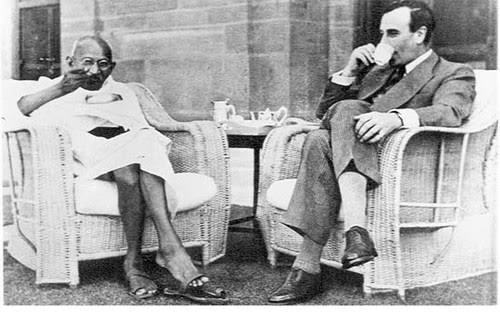
His absence during critical negotiations over the Mountbatten Plan left the responsibility to Nehru, Patel, and Jinnah, further cementing the perception that Gandhi had abdicated leadership at a decisive moment.
The partition itself remains India’s greatest human tragedy, with millions uprooted and hundreds of thousands killed in communal violence. Many Hindus, angry and disillusioned, pinned the blame on Gandhi, who they believed had failed to protect their interests. His insistence on extending overtures to Muslims—even as Hindu communities faced atrocities in places like Noakhali—deepened the chasm between him and the Hindu right.
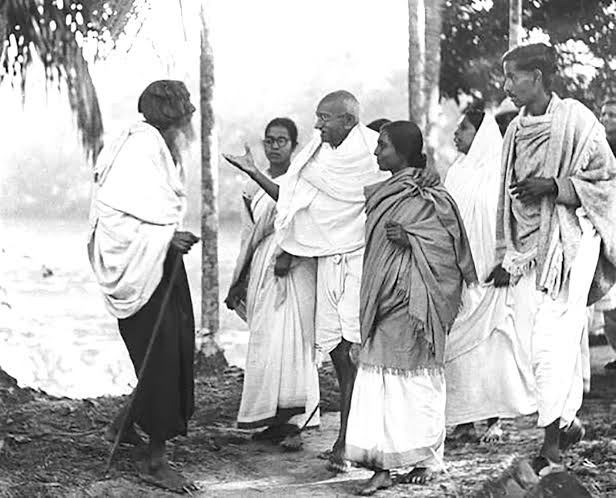
While Gandhi’s defenders argue he quelled violence in Bengal, critics question why similar efforts were not made in the violence-stricken regions of Punjab and Gujarat. Ironically, Gandhi had planned to go to Punjab to address the carnage, but his life was cut short before he could act.
The INR 55 Crore Payment to Pakistan: A Flashpoint
One of the most contentious episodes of Gandhi’s final days was his insistence on transferring INR 55 crore to Pakistan. Amid escalating tensions over Kashmir, Nehru and Patel initially froze the payment, citing national security concerns.
However, Gandhi, in his characteristic fashion, declared a fast unto death to pressure the government into fulfilling the financial commitment.
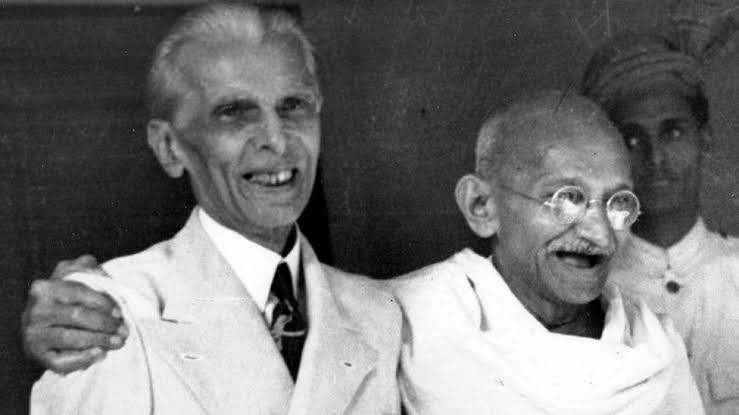
For critics like Godse, this was the ultimate betrayal. They saw Gandhi’s actions as prioritizing Pakistan’s demands over India’s welfare, even as the fledgling nation grappled with the trauma of partition. Although Gandhi’s supporters maintain he was upholding an ethical obligation, his critics argue this act symbolized his perceived bias toward Muslims, reinforcing the belief that he was compromising Hindu interests.
January 30, 1948: A Tragic Day
The events of Gandhi’s assassination remain mired in controversy. On the evening of January 30, 1948, Gandhi, accompanied by Abha and Manu, walked to his prayer meeting at Birla House.
Nathuram Godse, a staunch nationalist, approached him and fired three bullets into his chest using a Beretta pistol. Witnesses reported hearing four shots, leading to enduring debates about a possible fourth bullet—a mystery never fully resolved.
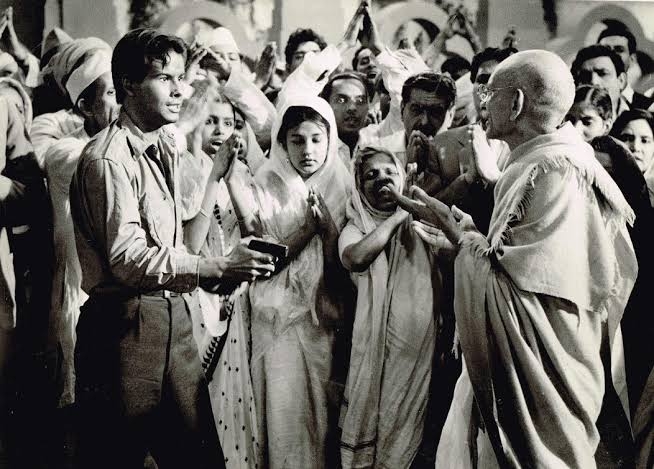
Reports from The Hindu, Times of India, and other prominent newspapers initially cited four shots fired. Manu’s diary entry later revealed she found a bullet lodged in Gandhi’s shawl during his posthumous bathing ritual.
Despite such accounts, official narratives acknowledge only three bullets striking Gandhi. This discrepancy has given rise to speculation about potential conspiracy theories, including the involvement of additional actors or even British interference through covert operatives like Force 136.
Nathuram Godse: From Admirer to Assassin
Godse’s transformation from a devoted follower of Gandhi to his assassin encapsulates the deep disillusionment of a segment of Indian society. A staunch advocate of Hindu nationalism, Godse grew increasingly frustrated with Gandhi’s policies, which he believed disproportionately favored Muslims.
Gandhi’s repeated fasts to protect Muslim interests, his support for Pakistan’s financial claims, and his perceived inaction during Hindu massacres convinced Godse that Gandhi’s influence was detrimental to India’s unity and strength.
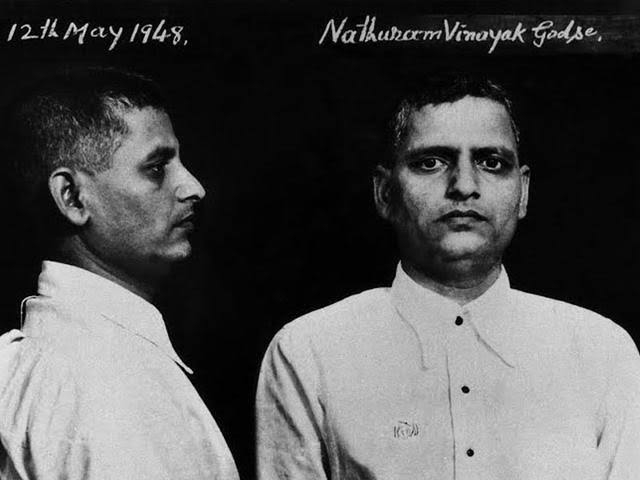
In his courtroom confession, Godse described his rationale with chilling clarity. He believed Gandhi’s assassination was necessary to free India from the shackles of pacifism and appeasement. To him, Gandhi’s vision of communal harmony had come at an unacceptable cost to Hindu identity and self-respect.
Unanswered Questions: The Fourth Bullet and Beyond
The mystery surrounding Gandhi’s assassination persists. Why was there no forensic postmortem? Why did eyewitnesses claim four shots were fired when the official narrative insists on three? And what role, if any, did external forces play in this tragedy?
Theories of British involvement, particularly through clandestine units like Force 136, and the origin of the Beretta pistol traced to Burma add layers of intrigue to the case. These unanswered questions continue to fuel conspiracy theories, ensuring that Gandhi’s assassination remains as contentious as the man himself.
A Divisive Legacy
M.K. Gandhi’s assassination was more than a tragic moment; it symbolized the deep fault lines within post-independence India. To his admirers, he was a visionary who sought to transcend religious and communal divides.
To his critics, he was an idealist whose policies often undermined India’s interests and alienated vast swathes of its population. Gandhi’s unwavering commitment to non-violence and tolerance, though noble in theory, frequently clashed with the harsh realities of a divided nation.
His critics argue that his ideals, while inspiring, were ill-suited to the demands of a newly independent country grappling with its identity. Understanding Gandhi’s assassination requires a nuanced exploration of his legacy—both the ideals he embodied and the controversies he left behind.
Article by

Vimal M
Younginker
Mumbai, Maharashtra